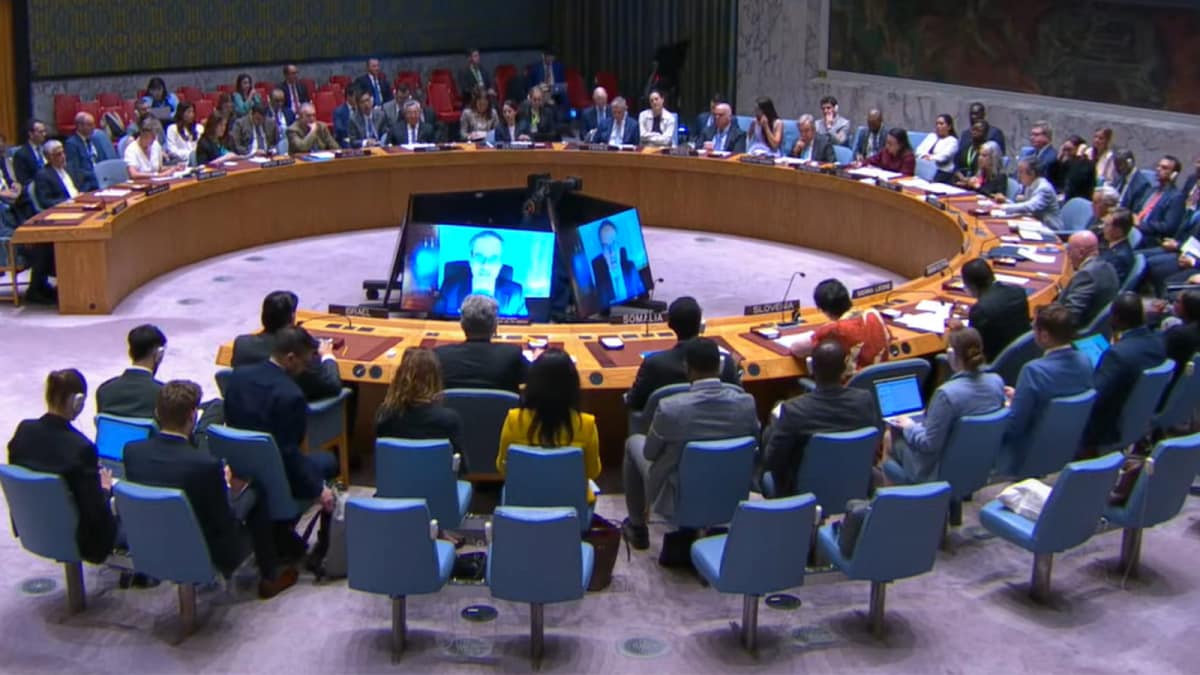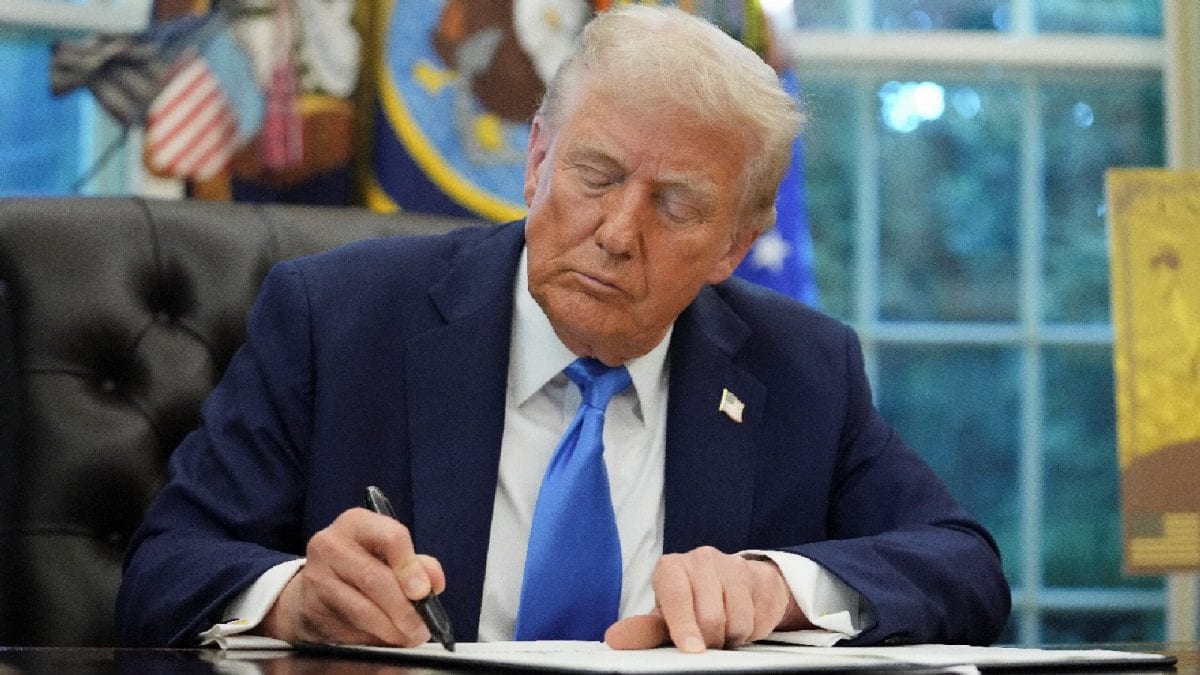Last Updated:
The United Nations Security Council rejected a Russia and China draft to delay Iran sanctions, with the US, UK, and France citing Iran’s nuclear violations

The United Nations Security Council on Friday rejected the draft resolution presented by Russia and China to delay the re-imposition of sanctions on Iran. (AP file photo)
The United Nations Security Council (UNSC) on Friday rejected the draft resolution presented by Russia and China to delay the re-imposition of sanctions on Iran.
“Those members of the Security Council who supported this document reaffirmed their commitment to international law, to equitable and mutually respectful dialogue and to the task of maintaining international peace and security,” Russia’s Deputy Ambassador to the UN, Dmitry Polyanskiy, said at the Council’s session on Iran sanctions.
Recommended Stories
He said that “the adoption of this would have preserved a chance for the international community to reach a diplomatic resolution to the conflict in the context of the Iranian nuclear programme.”
He criticised the Council members who rejected the resolution and said: “”We regret the fact that a number of Security Council colleagues were unable to summon the courage or the wisdom to support our draft.”
The abstentions, he added, pointed to “doubts vis-à-vis the destructive policy that is being carried out by the US, the UK and France to definitively dismantle the nuclear deal and to bury the diplomatic path towards resolving the crisis around it.”
Similarly, China’s Deputy UN Envoy Geng Shuang condemned the UN’s failure to adopt the draft resolution, emphasizing that “dialogue, negotiations, and difficult means are the only viable options for resolving the Iranian nuclear issue,” Anadolu Agency reported.
He urged the US “to demonstrate political will by responding positively to Iran’s proposal to resume talks and committing unequivocally to refrain from further military strikes against Iran.”
The envoy called on the E3 – UK, France and Germany – “to engage in good faith in diplomatic efforts and abandon their approach of pushing for sanctions and coercive pressure against Iran.”
The E3 are signatories to the 2015 nuclear agreement, which placed limits on Iran’s nuclear activities.
Meanwhile, UK envoy Barbara Woodward welcomed the UN’s decision and said the decision to vote against the resolution was taken as “Iran is defying the global Non-Proliferation regime”.
It pointed out Tehran’s “accumulation of a high-enriched uranium stockpile, which lacks any credible civilian justification.”
“However, the United Kingdom remains committed to pursuing a diplomatic solution that ensures Iran never acquires a nuclear weapon while maintaining Iran’s right to a civil nuclear program in line with the nuclear Non-Proliferation Treaty,” she said.
US Deputy Representative Dorothy Shea said that the rejection of the draft proposal prevented “a hollow effort to relieve Iran of any accountability for its continued significant non-performance of its nuclear commitments.”
“If the Russian Federation and China want to help realize a durable, negotiated outcome on the Iranian nuclear issue, rather than seek to bolster an untenable status quo of flagrant Iranian efforts to undermine the global nonproliferation regimes, then they must press leaders in Tehran to take meaningful, immediate steps to fulfill its commitments and obligations, including by fully cooperating with the IAEA,” she said.
New York, United States of America (USA)
September 27, 2025, 04:33 IST
Loading comments…
Read More



